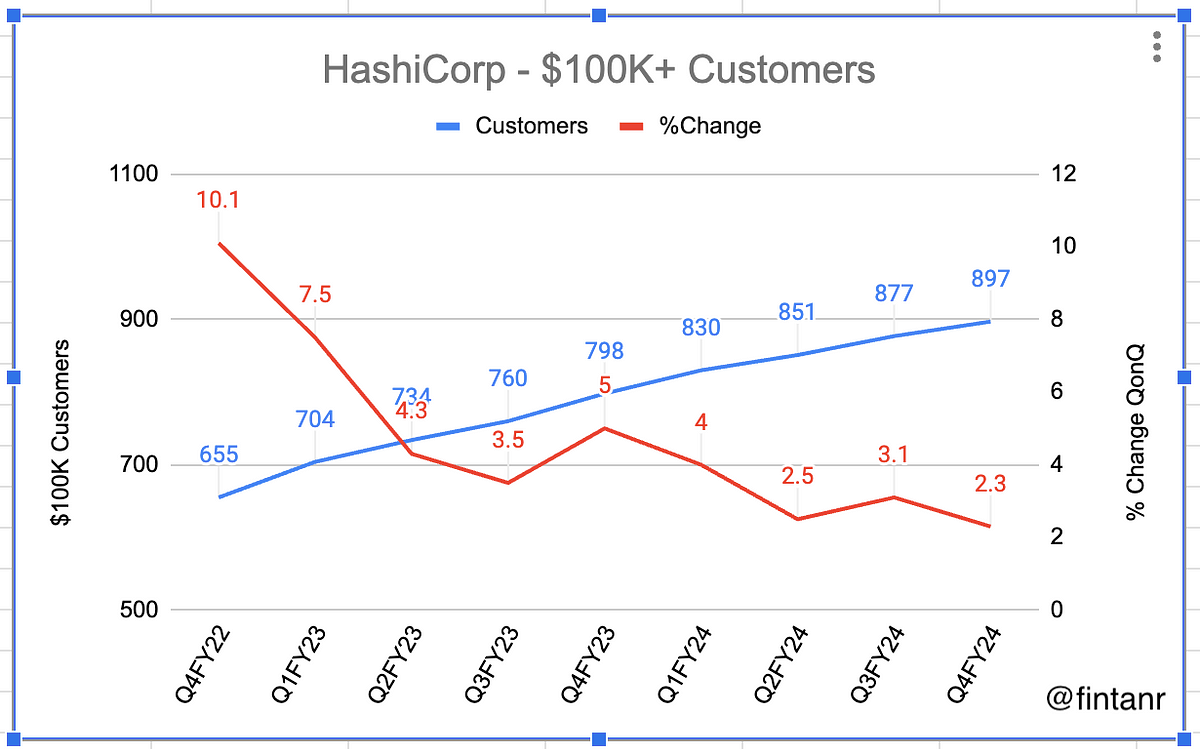Is Anti-Semitism Generic? | Hoover Institution
The horrors of the Holocaust should have permanently discredited anti- Semitism but that ancient and venomous hatred has had a recent resurgence in Europe. How much of this is due to a growing Muslim population in Europe is a question for which there is no ready answer.
Many of the explanations of anti-Jewish attitudes and actions over the centuries, including mob violence and mass expulsions, have focused on things unique to Jews or unique to the Christian-Jewish relationship in Europe or the Muslim-Jewish relationship in the Middle East. Yet many of the same attitudes and actions—and some of the very same words and phrases—have been directed at other groups which have had none of the factors which are said to explain anti-Jewish attitudes and actions among Christians and Muslims. What these other groups—the Armenians in the Ottoman Empire, Ibos in Nigeria, Marwaris in Burma, overseas Chinese in Southeast Asia, and Lebanese in a number of countries—have had in common with the Jews has not been religion, race, or language, but their economic and social roles.
These groups have all been, at some point in their history, “middleman minorities”—that is, people whose work takes place somewhere between producers and consumers, whether in retail trade or money-lending. Often these middleman minorities began at the petty level of a peddler with a pack on his back or a little pushcart. Even such large enterprises as Macy’s, Bloomingdale’s, and Levi Strauss among the Jews, and Haggar and Farah among the Lebanese, began at the level of the lowly peddler.























